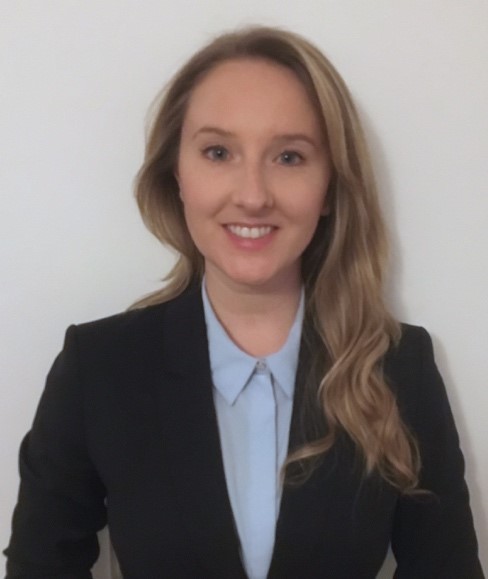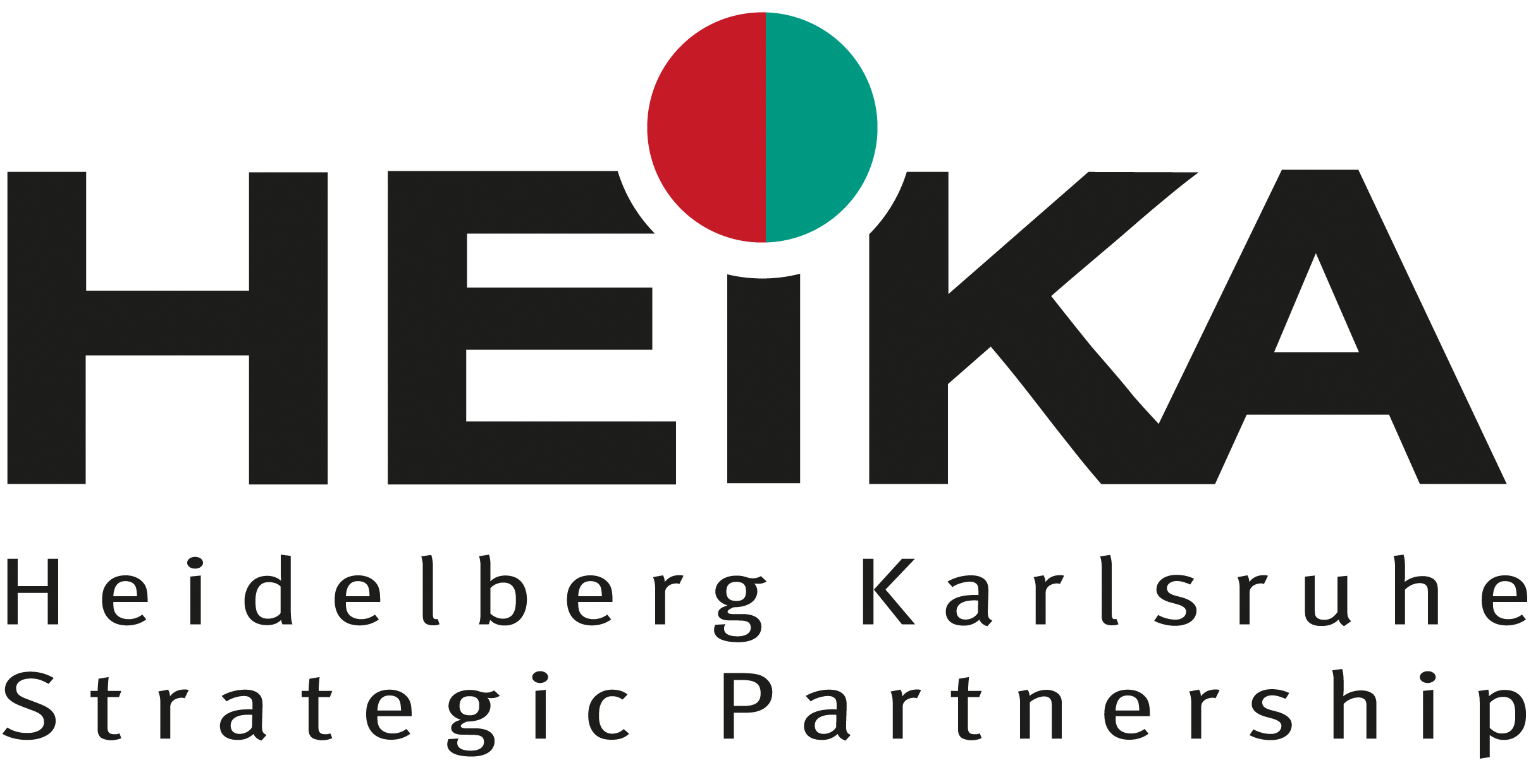by Kristen Kozielski, Ph.D.
Neural implants are devices that can enable doctors and engineers to electrically sense or modulate neural behavior. A nano- or microscale neuroprosthetic that operates wirelessly could be implanted using minimally-invasive routes, potentially avoiding surgical intervention. Magnetoelectric materials, those that couple magnetic fields to electric fields, allow us to wirelessly generate electric signals using input magnetic signals, but also allow us to sense electric signals via output magnetic signals. Herein, I will introduce the capability to wirelessly interface with neurons usin magnetoelectric materials. As these materials directly create an electric field, they can modulate neuronal activity without any biochemical or genetic cell manipulation. I will describe their chemical synthesis and characterization, and demonstrate that they generate electric signals in response to the application of a magnetic field. Finally, I will show their ability to modulate neuronal behavior in vitro, and will conclude with a discussion on potential future applications of these materials for wireless medical intervention.
Schlossplatz 19
76131 Karlsruhe
Germany
Kristen Kozielski, Ph.D.
 - Max Planck Institute for Intelligent Systems
- Max Planck Institute for Intelligent Systems
- KIT Institute for Functional Interfaces (from October 2019)
Her lecture on Magnetoelectric materials for wireless neuronal modulation will take place on November 7, 2019, 3:00 pm at the International Department of the KIT (Hector-Auditorium) , Schlossplatz 19, 76131 Karlsruhe during the second Welcome Day of the Cluster.
If you are interested in attending the event, kindly registrate on the 3DMM2O-Website
Lecture Series in 3D Printing
In order to facilitate collaborations and to provide an opportunity to network, the Cluster 3D Matter Made to Order presents a lecture series in 3D Printing.
The lecture series takes place in Karlsruhe and Heidelberg about 2 to 3 times per year and comprise a presentation, discussion and networking. Scientists in research fields adjacent to the Cluster will be invited to present their research in a talk.
It is mainly intended for PIs and early career researchers participating in the Cluster as well as interested scientists working in related research fields.
Lectures Series 3DMM2O
-
(application/pdf, 296.56 KB)

